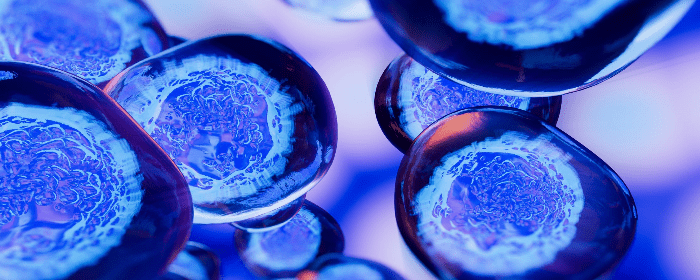Humans cannot practically live without an immune system. The immune system helps us prevent and fight off infections and detect and destroy cancer cells. For some, however, experience conditions that affect the immune system. Autoimmune diseases such as multiple sclerosis, polymyositis, atopic dermatitis, and rheumatoid arthritis can make day to day activities challenging.
Patients who do not find relief from current therapies such as immunosuppressants and biologic agents, or those who cannot tolerate the side effects, are limited to optimal options. And when the autoimmune disease is severe, the patient’s quality of life is extremely low.
Researchers recruited patients with various, difficult-to-treat autoimmune diseases to study stem cell treatment outcomes. These patients had tried many other autoimmune disease treatments, and all had failed. The stem cell treatment used in these cases was called “compassionate use” since the patients had exhausted other treatment options and their conditions were all progressed. This compassionate use indication allowed researchers to use large numbers of stem cells—higher than are normally used in stem cell therapy.
The scientists took small amounts of stem cells from adipose tissue, i.e. fat tissue. Under laboratory conditions, they “expanded” the purified stem cells. In other words, the researchers took a relatively small number of stem cells and caused them to multiply them into millions of cells. Millions of cells were needed so that the doctors could have substantial treatment doses for each patient. The patients with autoimmune diseases received multiple doses of adipose-derived mesenchymal stem cells intravenously. These patients were then followed clinically to observe any change in their disease.
The first thing that the researchers noted was that high doses of stem cells did show to be safe. Multiple infusions of up to 1 billion stem cells infused over less than a month did not result in adverse events.
Just as importantly, people who had failed all other autoimmune disease treatments saw benefit from mesenchymal stem cell therapy. Patients with rheumatoid arthritis or polymyositis who could not stand or walk before treatment were showing success in standing and walking post-treatment. Patients with severe atopic dermatitis had substantial improvements in symptoms. Even a person with progressive autoimmune hearing loss had their hearing restored in one ear (and partially improved in the other ear) after mesenchymal stem cell therapy.
The astonishing results will need to be corroborated in a larger number of patients, but this study did reveal that high dose stem cells were safe in people with various autoimmune diseases. Those who do suffer from debilitating autoimmune diseases and who have not found relief from other treatments may want to research and consider stem cell therapy for a possible alternative option to help manage symptoms.
Reference: Chan Ra, J., et al. (2011). Stem cell treatment for patients with autoimmune disease by systemic infusion of culture-expanded autologous adipose tissue-derived mesenchymal stem cells. J Transl Med. 2011; 9: 181.


 St. Petersburg, Florida
St. Petersburg, Florida
